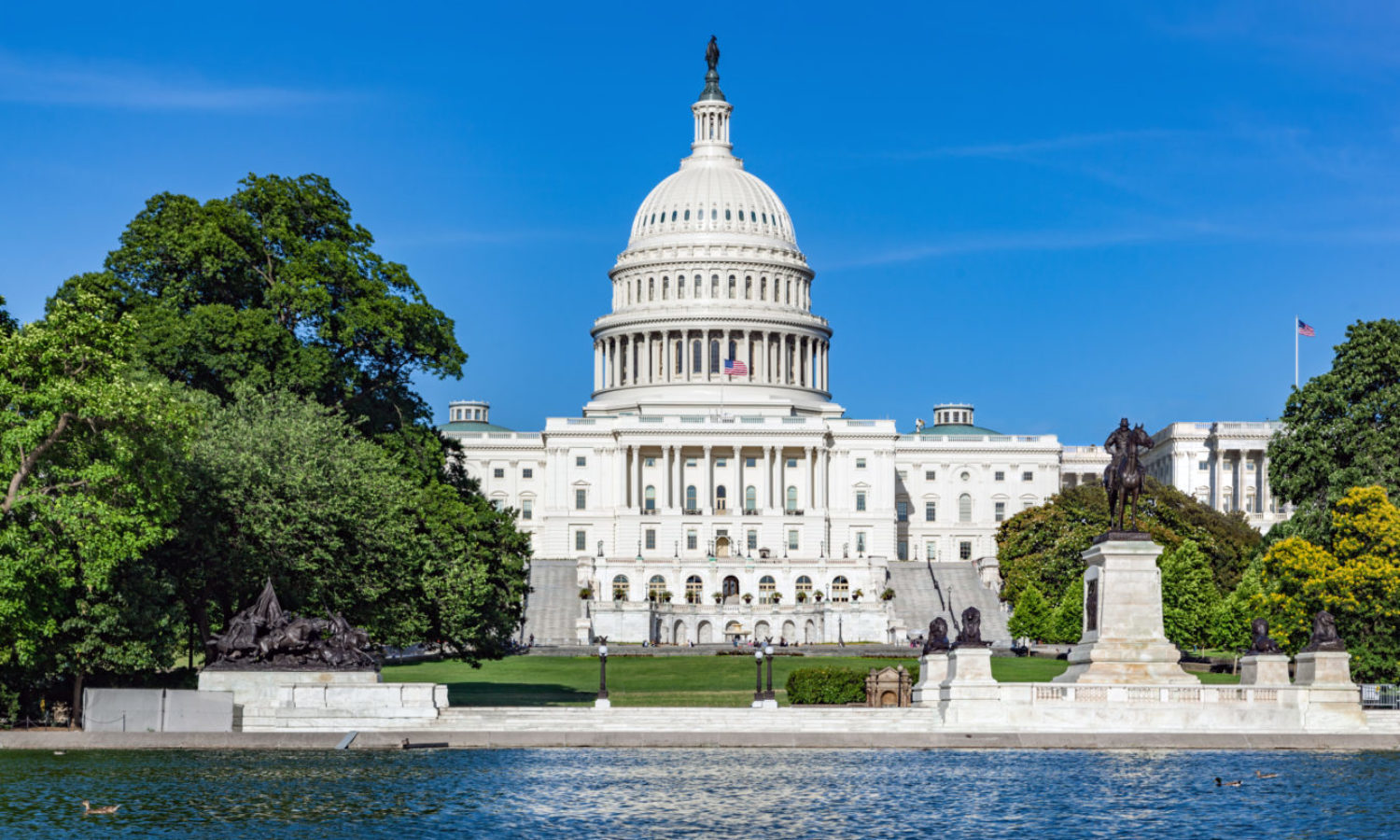i2Coalition May 2021 Legislative Briefing
Your brief monthly update on important Internet policy issues
OUTLOOK
President Biden seeks to advance the $1.8 trillion American Families Plan both in bipartisan negotiation meetings with members of the House and Senate, and in travels by him and Administration officials around the country reaching out to citizens. They continue the promotion of the Administration’s $2+ trillion jobs plan. While President Biden and his allies stress a commitment to bipartisanship, the President has said he is willing to proceed without Republicans if negotiations are not productive. The Biden Administration’s American Families Plan would, among other things, make large investments in college education, pre-school, childcare, paid family and medical leave, and school meal programs, and allow for people to enroll in Medicare at age 60 and expand certain family and worker tax credits.
Congressional Democrats are focused on infrastructure and budget matters, and several other major items on which they want to make progress before the Memorial Day recess, including police reform, election reform, and Capitol security. Additionally, Senate Majority Leader Chuck Schumer (D-NY), working with Republican Senator Todd Young (R-IN), wants to pass legislation (renamed the U.S. Innovation and Competition Act) to make major investments ($120 billion) into research and development in sciences and manufacturing in order to bolster America’s ability to compete with China on a range of fronts. For their part, Congressional Republicans have countered President Biden’s infrastructure plans with alternative proposals carrying much lower dollar figures and focusing on roads, public transportation, and airports. The Senate also continues confirmation hearings to fill key Biden Administration positions across the federal government as more nominations are periodically announced by the White House.
TECH POLICY PRIORITIES
Section 230. A variety of legislative approaches to reforming or eliminating Section 230 are pending in introduced bills in the House and Senate but consensus on a path forward has not yet formed in either body. Some of the most recent hearing discussions and introduced bills have proposed that Section 230’s liability shield for user-generated content is not appropriate where algorithms specifically designed by the largest social media platforms to manipulate content are deployed. Bipartisan concerns about the impact of social media platforms on children and teens’ mental health and privacy have expanded. Conflicting grievances raised on the one hand by Republicans that content moderation policies of large social media platforms censor their political speech, and on the other by Democrats that such policies do not do enough to prevent and remove misinformation and other harmful content remain front and center.
Antitrust/Competition. The Biden Administration has continued to work on filling the most important federal antitrust enforcement positions within the DOJ and FTC where officials will assume authority over the management of pending antitrust actions against major tech firms (e.g., Google, Facebook). The House and Senate Judiciary Committees continue antitrust oversight of the tech sector with more hearings and legislation expected.
Federal Privacy. Enacting a comprehensive federal privacy law remains a bipartisan but challenging goal. The House Energy & Commerce Subcommittee on Consumer Protection chaired by Rep. Jan Schakowsky (D-IL) announced its intention to hold a series of bipartisan roundtable discussions with stakeholders toward resolving the major sticking points of federal preemption and private rights of action. At least 20 states have been active in introducing privacy bills this year. This robust state activity on consumer data privacy and ongoing, intensified U.S.-EU negotiations about transatlantic data flows have increased the pressure for Congress to craft a uniform federal approach.
Copyright/IP. The House Judiciary Committee held a Copyright Office oversight hearing in early May which included a discussion of potential revisions to Section 512 of the Digital Millennium Copyright Act as outlined in the Copyright Office Section 512 Report released in 2020. The Government of Canada is accepting comments until May 31 on a consultation it released about a modern copyright framework for online intermediaries.
Broadband. Substantial federal government investments to increase broadband access and affordability in unserved and underserved areas are key parts of the infrastructure proposals put forth by the Biden Administration and by Congress. Notwithstanding debates about the precise details of funding for broadband access, the overarching objective of increasing broadband deployment has drawn strong bipartisan support. Broadband deployment advocates urge that given the nation’s experience during the pandemic it is now clear that broadband is an “essential” service that must be sustainably funded as such so that all citizens can have affordable access to it.

For more in-depth updates on Internet policy that impact your organization, please contact us about joining the i2Coalition.

